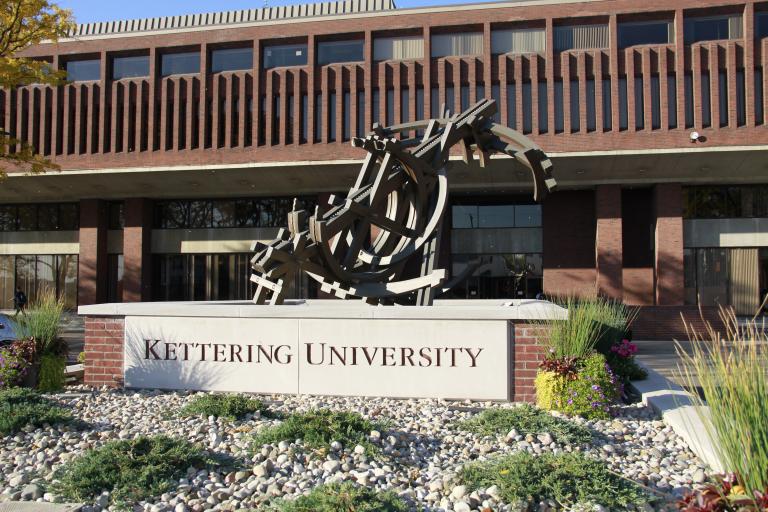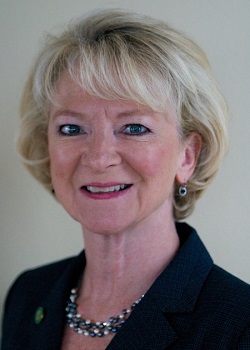
Penny Wirsing, Society of Women Engineers president, will visit Kettering University next month for a talk on International Women’s Day.
Her talk is scheduled for 12 p.m. Friday, March 8 in the University’s Sunset Room.

Wirsing is the Environmental Manager for the Torrance Refining Company in California, and she serves as the President of the Society of Women Engineers (SWE), a 40,000 member professional organization that promotes the advancement of women in engineering in the United States and around the world. She’s been a member of SWE since she was a college student at Michigan State University.
Her talk is about her experiences and how she’s learned skills outside of the workplace that advanced her career.
“Focusing just on work is great, but there are benefits to gaining skills outside of the workplace to advance,” she said.
At SWE, she’s also focused on increasing the number of girls and women in STEM fields.
Right now, about 21 percent of bachelor’s degrees in engineering and computer science are awarded to women, and about 6 percent of engineering degrees are awarded to women of color. Only 13 percent of engineers are women and only 26 percent of computer scientists are women. Among women earning bachelor’s degrees, only 30 percent are still practicing engineering 20 years later, according to SWE. About 17 percent of tenured and tenure-track engineering faculty are women.
“Girls and women bring a different perspective to the discussions,” Wirsing said. “If all people look like each other designing solutions to problems and deciding how things are going to work, we’ll get one set of solutions.”
Wirsing noted seatbelt testing in which companies and federal agencies were providing more data for and more thoroughly testing average-sized male dummies for safety research. As a result, women and people smaller than the average-size man were more severely injured in car crashes.
It wasn’t until fairly recently that automakers focused more on female and child crash test dummies. The National Highway Traffic Safety Administration started using female dummies in 2003, and federal regulators required automakers to use smaller crash test dummies in frontal automotive tests for 2011 model vehicles.
From a personal perspective, Wirsing noted having a job in which a woman can contribute to solving problems that change the world can be very empowering and enjoyable.
“Engineering is that kind of job,” she said. “To not have women do something that is so impactful and enjoyable, why would you leave them out?”
For allies in universities and industry who want to increase the number of women in STEM fields and majors. Wirsing suggests men and people in positions of power focus on unconscious bias. By becoming aware of unconscious biases, people can start to make a difference.
Wirsing advises women to take risks, embrace failure, and have a support network such as SWE.
“If you never fail, then you’re probably not trying hard enough,” she said.
The talk is free for students and $15 for alumni, faculty, and staff. RVSP online.